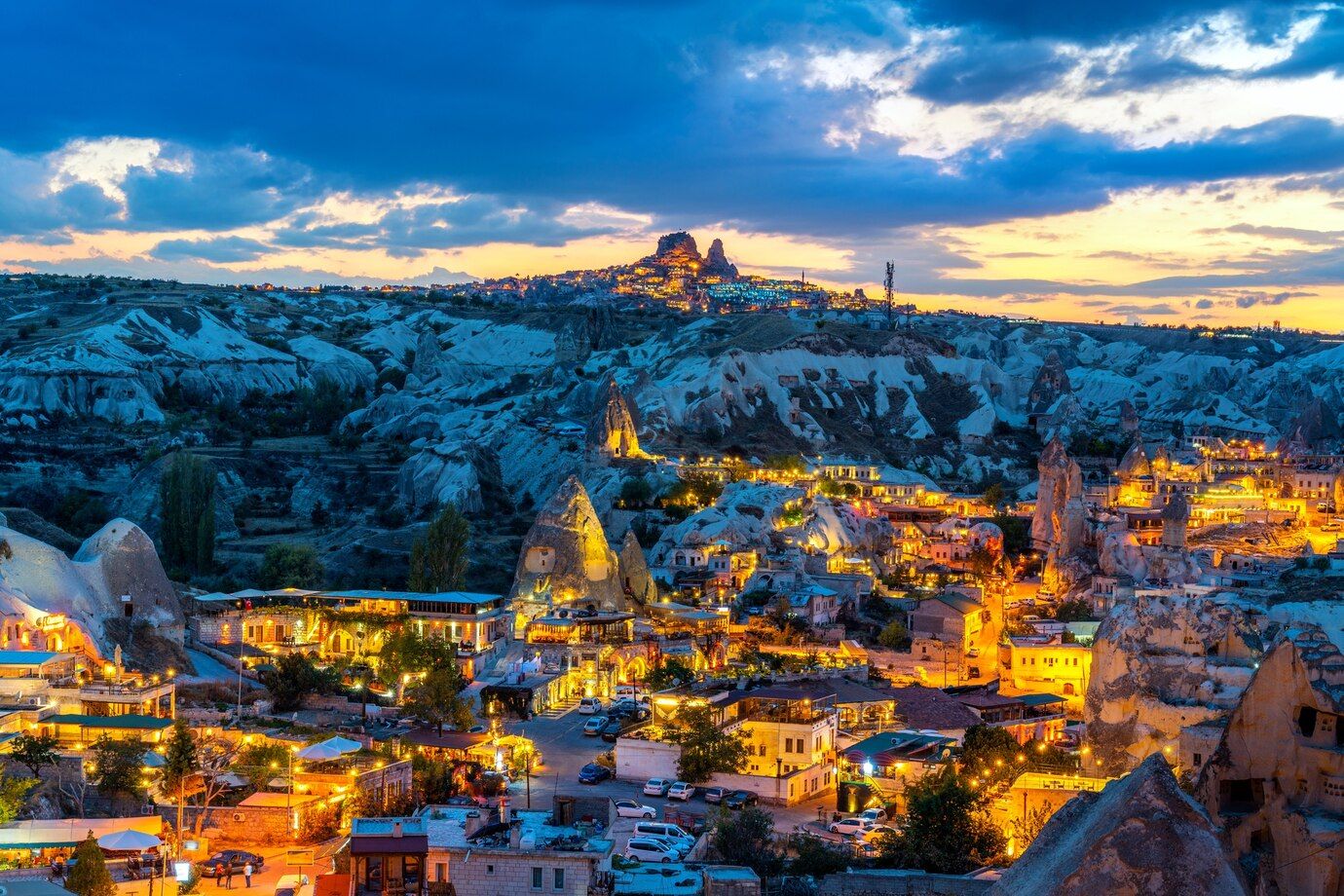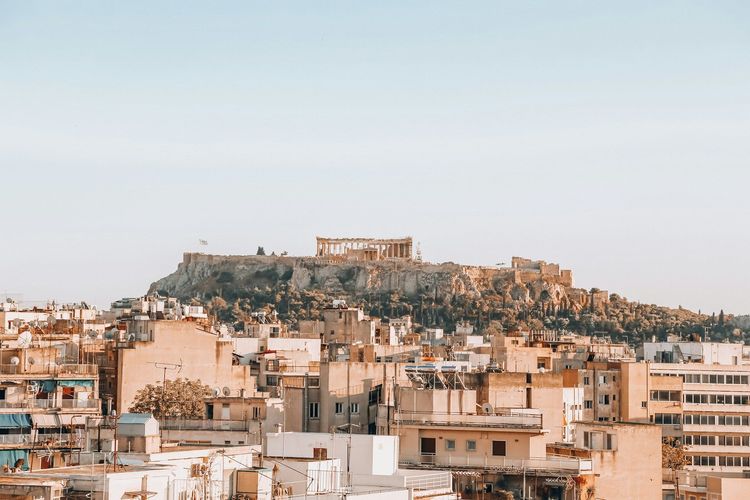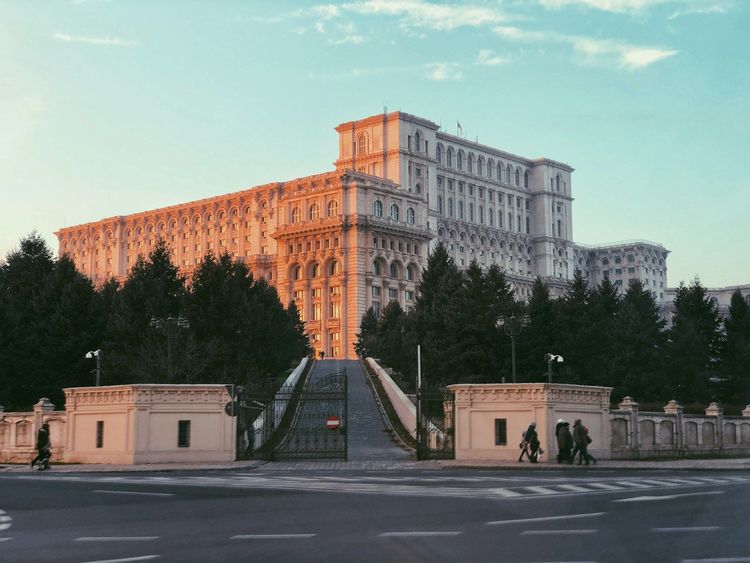Turkey is one of the most popular vacation destinations among Russians due to its unique combination of oriental culture and modern resorts. The country is famous for its historical sights, beautiful beaches and hospitality. In 2024, Turkey continues to attract tourists with its variety of resorts, from the Mediterranean to the Aegean coast, and its affordable vacation and travel conditions.
Will Russians need a visa in 2024?
No, Russians in 2024 do not need a visa for short-term tourist trips to Turkey. Visa-free travel allows you to stay in the country for up to 60 days per trip and up to 90 days within a 180-day period.
How long can you stay without a visa
Russian citizens can stay in Turkey without a visa for up to 60 consecutive days. If traveling regularly, the maximum stay is 90 days for each 180-day period. If it is necessary to stay in Turkey for a longer period of time, it is necessary to obtain a visa or residence permit.
Required Documents
To enter Turkey without a visa, Russians will need the following documents:
- A passport valid for at least 120 days from the date of entry to Turkey.
- Return ticket or confirmation of intentions to leave the country within the authorized period of stay.
- Proof of financial solvency for the duration of stay (upon request).
- Health insurance (recommended, although not required).
Can you travel with minors?
Yes, Russians can travel to Turkey with minors. To do this, you will need:
- Child's birth certificate.
- The child's passport (or a record of the child in the parent's passport if the child is under 14 years old).
- If the child is traveling with one parent, it is recommended to have a notarized consent of the other parent for the child to travel abroad.
Penalties for violation of the period of stay
Exceeding the period of visa-free stay in Turkey may result in fines and possible deportation. The amount of fines depends on the duration of the violation. In case of a significant overstay, a ban on re-entry may be imposed for several months or years.

What is allowed and forbidden to do
In Turkey, tourists are allowed to:
- Visit tourist sites, resorts and cities.
- Use public transportation and rent cars.
Prohibited:
- Violate the laws and regulations of the country.
- Exceed the terms of visa-free stay.
- Participate in protests or violate the rules of public behavior.
- Public consumption of alcohol in places where it is prohibited.
Where to get a VISA
If a visa is required for travel (e.g. for study or work), Russians can apply for it through visa centers or consulates in Turkey.
If you are interested in obtaining citizenship status or Turkish residence permit, check out the section with the relevant programs. We help to get citizenship and residence permit for investment of different countries with many options and additional services.
Questions / Answers
What language is required in Turkey
The official language of Turkey is Turkish. However, English is widely spoken in tourist regions, and staff in hotels, restaurants and travel agencies usually speak English well. Russian-speaking staff can also be found, especially in popular resort areas such as Antalya, Alanya and Istanbul.
What is the climate in Turkey
Turkey's climate varies from region to region. In the coastal areas of the Aegean and Mediterranean seas, the climate is Mediterranean with hot summers (temperatures can reach 35-40°C) and mild winters. In the central and eastern regions of the country, the climate is more continental with cold winters and hot summers. Turkey offers year-round tourism opportunities: beach vacations in summer and ski resorts in winter.
What are the taxes in Turkey for individuals?
Turkey has a progressive scale of taxation on personal income. Tax rates vary from 15% to 40% depending on the level of income. In addition to income tax, there are property taxes, as well as VAT (value added tax), which is 18%.




